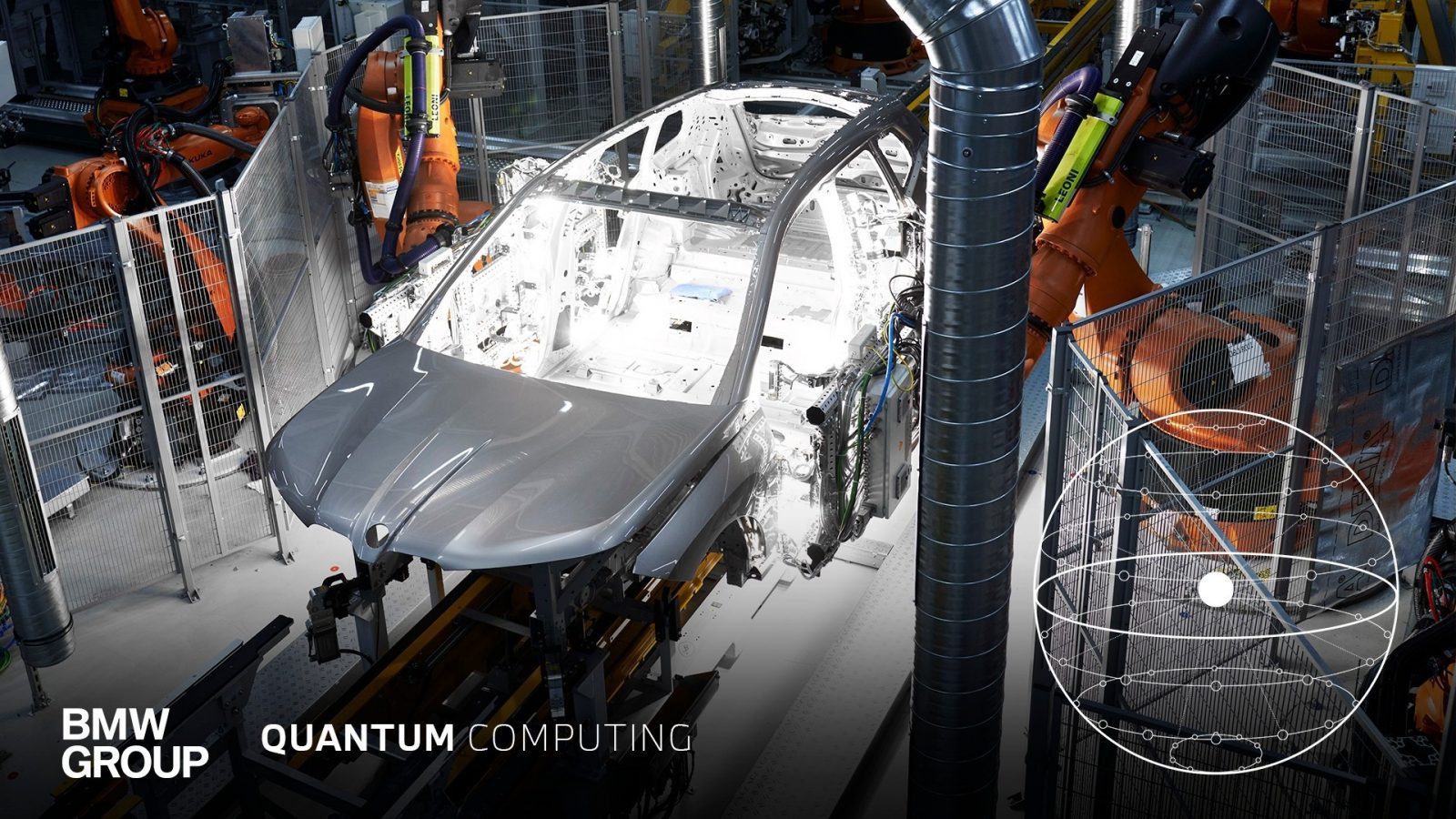BMW Group extends relationship with Pasqal to metal-forming simulations

BMW Group has extended and expanded its existing relationship with Pasqal, with plans to leverage the firm’s algorithm for solving differential equations (problems where a change in one of the variables does not uniformly affect the outcome) in a project that aims to analyze the applicability of quantum computing for metal-forming application modeling.
The project ultimately could enhance the automaker’s primary manufacturing processes, according to a press release issued Wednesday by Pasqal, whose executives are serving on several panels at IQT Quantum Enterprise in San Diego this week.
Metal-forming applications require extensive simulations to ensure auto parts are conforming to specifications. Predictive and rapid virtual modeling will bring the manufacturing process towards safer designs, more sustainable products and zero-prototyping.
Pasqal said its researchers have developed a digital-analog implementation of its quantum methods, tailored for its neutral-atom quantum processors, which makes these applications 30 times more efficient than on competing superconducting quantum processors. Pasqal will be running the simulations at its own facilities over the next six months. Real world applications for these simulations include crash testing and accelerated development of new parts and materials which are lighter and stronger, keeping passengers safe while both reducing emissions, making cars more fuel-efficient and cutting development costs.
Overall, access to more accurate simulations would save BMW money vs. physical build-test-improve cycles, as current classical computational methods are incapable of dealing with the complexity of simulating a full vehicle at the desired accuracy.
This collaboration is the result of Pasqal’s selection as a winner of the BMW Group Quantum Computing Challenge late last year. Previous collaborations focused on developing quantum computational methods for chemistry and materials-science which can for instance be used to optimize battery designs at the atomistic level.
Pasqal told IQT News it could not disclose any further details about next steps for the previous project, but that there is no specific end date for the next phase of the collaboration between the two companies. Pasqal also declined to share any details about how much revenue it is bringing in through its ongoing relationship with BMW Group.
“Renewing and extending the scope of our collaboration with BMW Group is a clear sign of the value Pasqal can bring to our customers. Each time we collaborate with BMW Group, we discover something more we can do to help them develop superior automobiles,” said Georges-Olivier Reymond, CEO of Pasqal.
Dan O’Shea has covered telecommunications and related topics including semiconductors, sensors, retail systems, digital payments and quantum computing/technology for over 25 years.





















